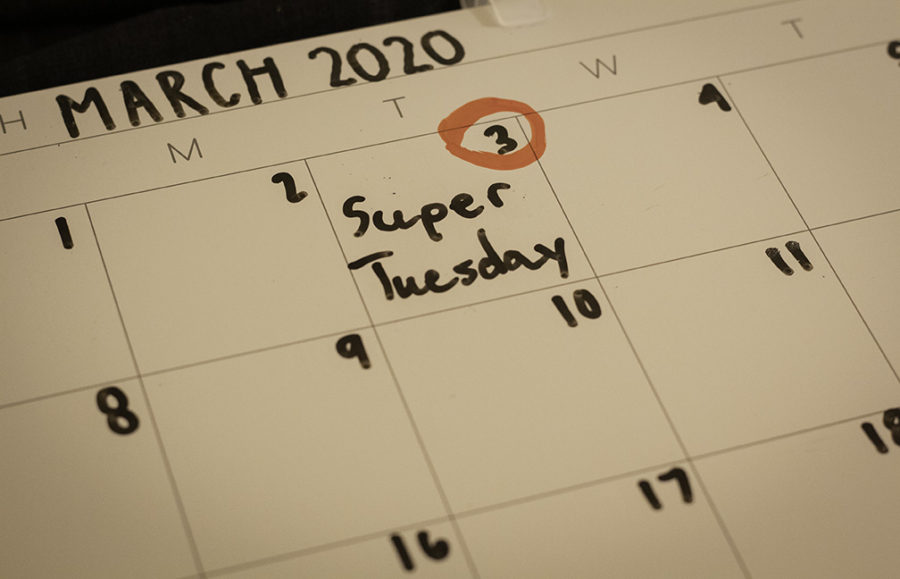March 3 was Super Tuesday, the day when 14 states hold their primary elections for the Democratic presidential nominee. Joe Biden won nine states while Sen. Bernie Sanders won four, one of which, California, is considered the “big prize.” Biden emerged victorious in Minnesota, a state that Sanders extensively campaigned in during the days leading up to Super Tuesday. As far as delegates go, Biden won 628 national delegates while Sanders won 545 as of March 8.
Mark Brockway is an assistant professor of American politics at Southern Miss.
“The Democrat primaries will tell us whether Democratic voters support the more liberal policy positions of Bernie Sanders or the more moderate proposals of Joe Biden,” Brockway said. “They will also tell us who voters think can beat Donald Trump in the 2020 presidential election.”
Brockway said that Biden obviously has an edge.
“Considering his strong showing on Super Tuesday, I expect that Joe Biden will emerge as the party’s nominee,” Brockway said. “As Biden becomes the clear front-runner, Donald Trump and his campaign will increase their attacks on Biden. Also, I expect Donald Trump to take a favorable view of Bernie Sanders in an effort to influence Sanders supporters to not support Biden for president.”
Mere days before Super Tuesday, Biden’s campaign was lacking in funding and demonstrated little organization. None of that mattered on Super Tuesday, however, as he emerged as the clear front-runner.
Bezal Jupiter, a sophomore political science major, said the Super Tuesday results show that Sanders’ campaign needs to increase its efforts.
“The results show that the Sanders campaign needs to make more of an effort to organize among black voters and non-voters in the South,” Jupiter said. “The only reason Joe Biden is popular among southern Democrats is because he has name recognition. Another factor is that voting sites had to go later than expected because many polling sites, specifically in poor black communities, were closed. This is a sign that both parties have a problem with voter suppression, at least to some degree.”
Associate political science professor Troy Gibson, Ph.D., said participating in elections is the most direct way of exercising one’s rights as a citizen of a republic.
“The founders of our country emphasized that exercising that right and duty comes with a tremendous responsibility to be as informed and knowledgeable as possible,” Gibson said.
In regard to the Super Tuesday results, Gibson said the center emerges strong.
“We may be learning from the primary results so far that, despite all the talk and evidence of polarization and extremism between the two parties, the nation hasn’t sprinted to the poles and the center is still a force to be reckoned with,” Gibson said.
Only time will tell who will emerge as the new president. Some debate has arisen over whether America is ready for change or if the said change would be a positive thing.
“If we really want to change America into a more progressive place, then we need a third party. Both now, and in 2016, the Democratic Party has shown that it would rather see a Trump presidency than a progressive transformation,” Jupiter said. “We need political action that goes beyond the ballot box that comes from grassroots organizing.”


























